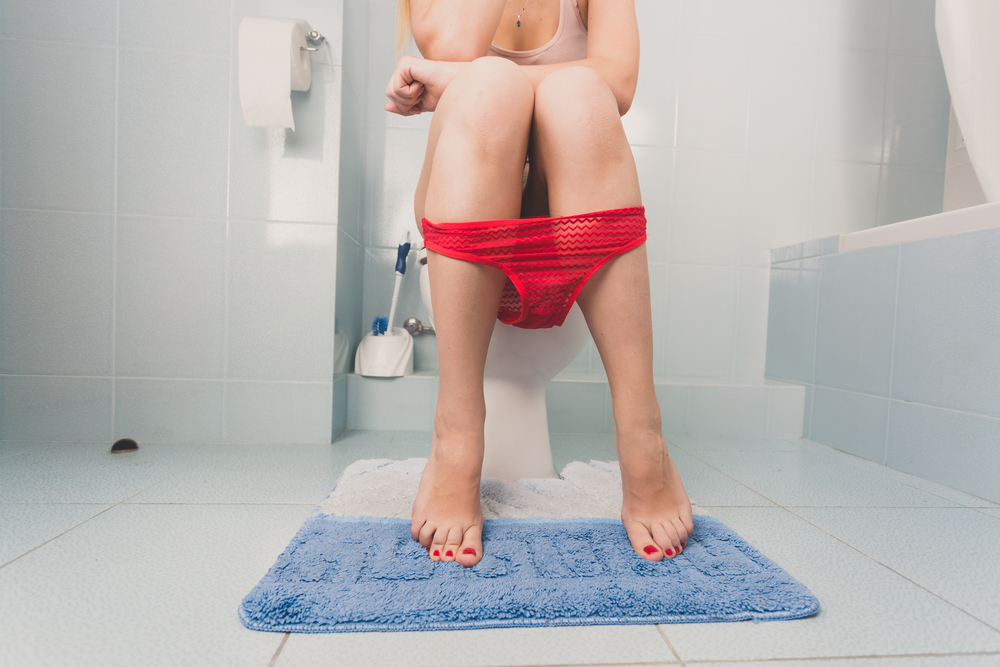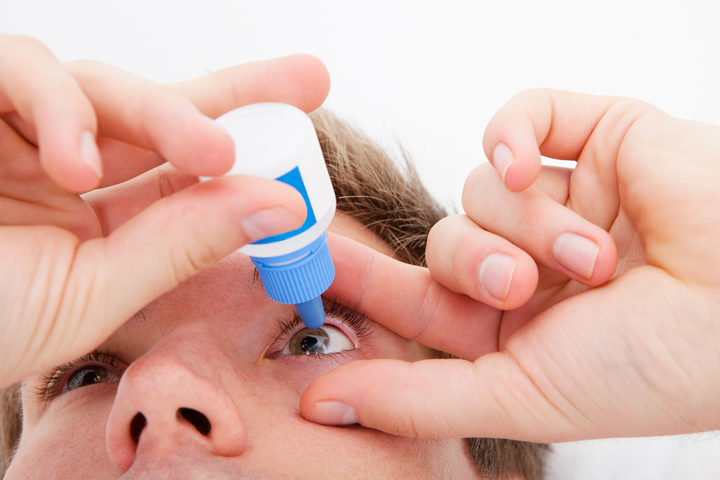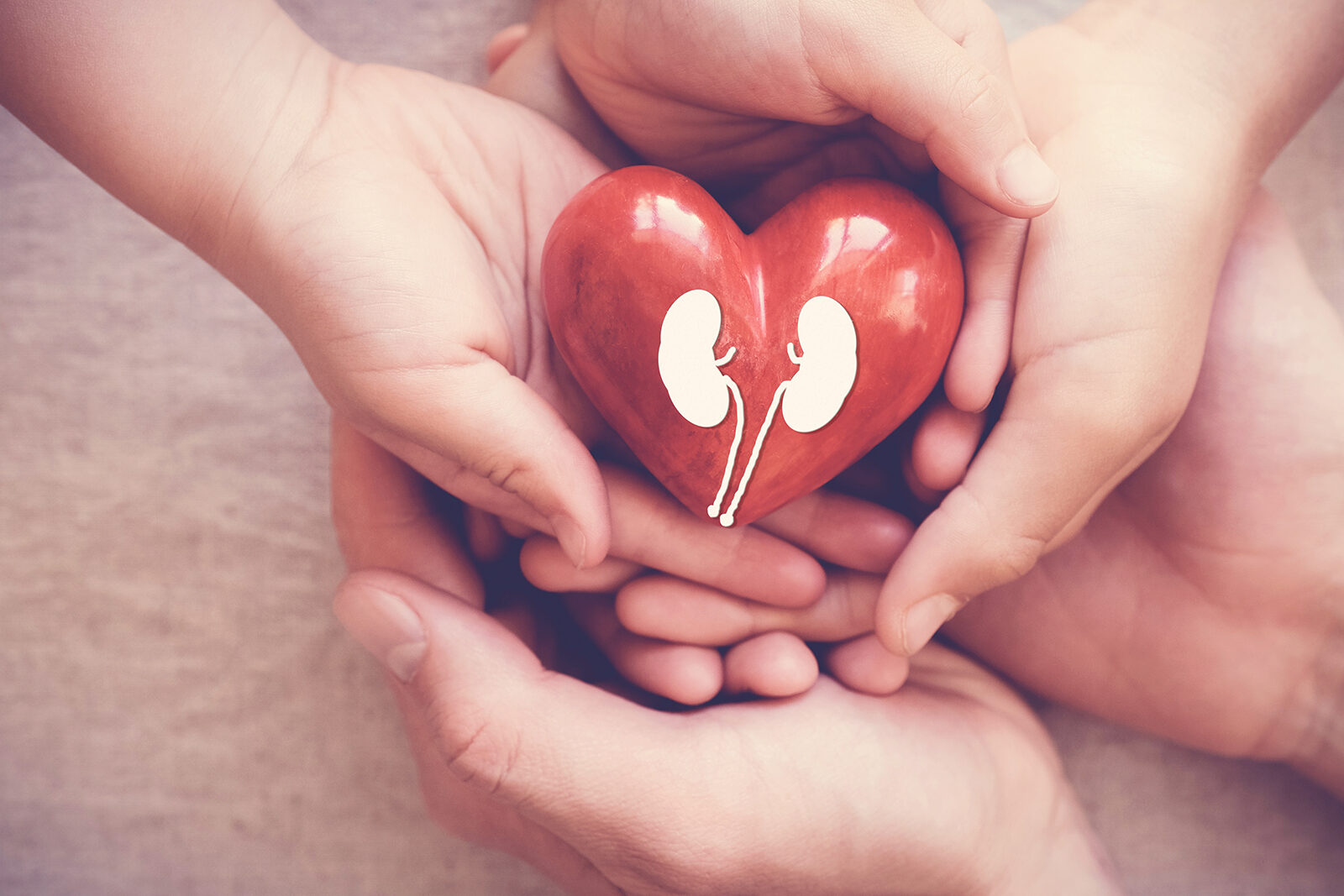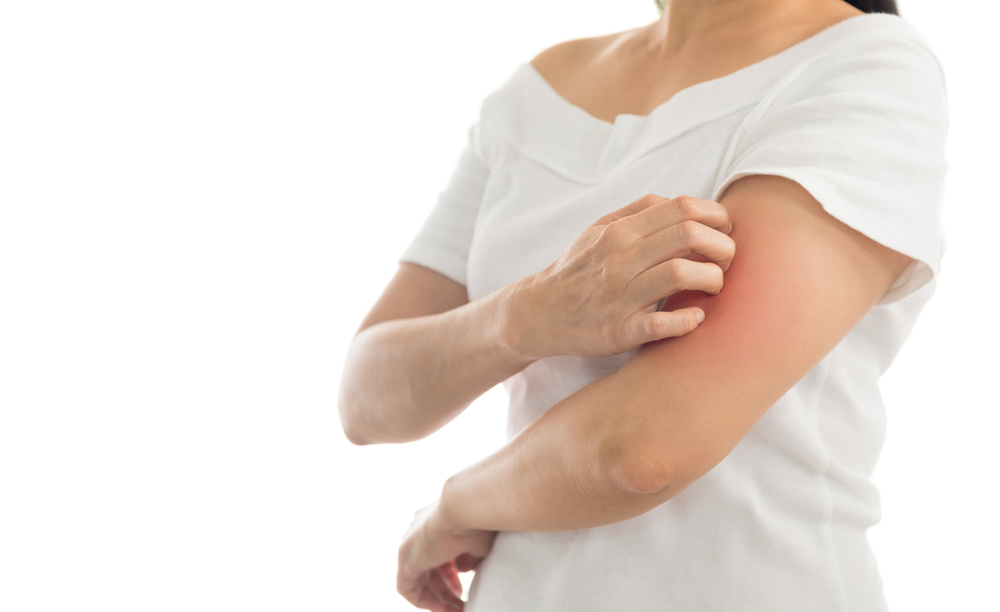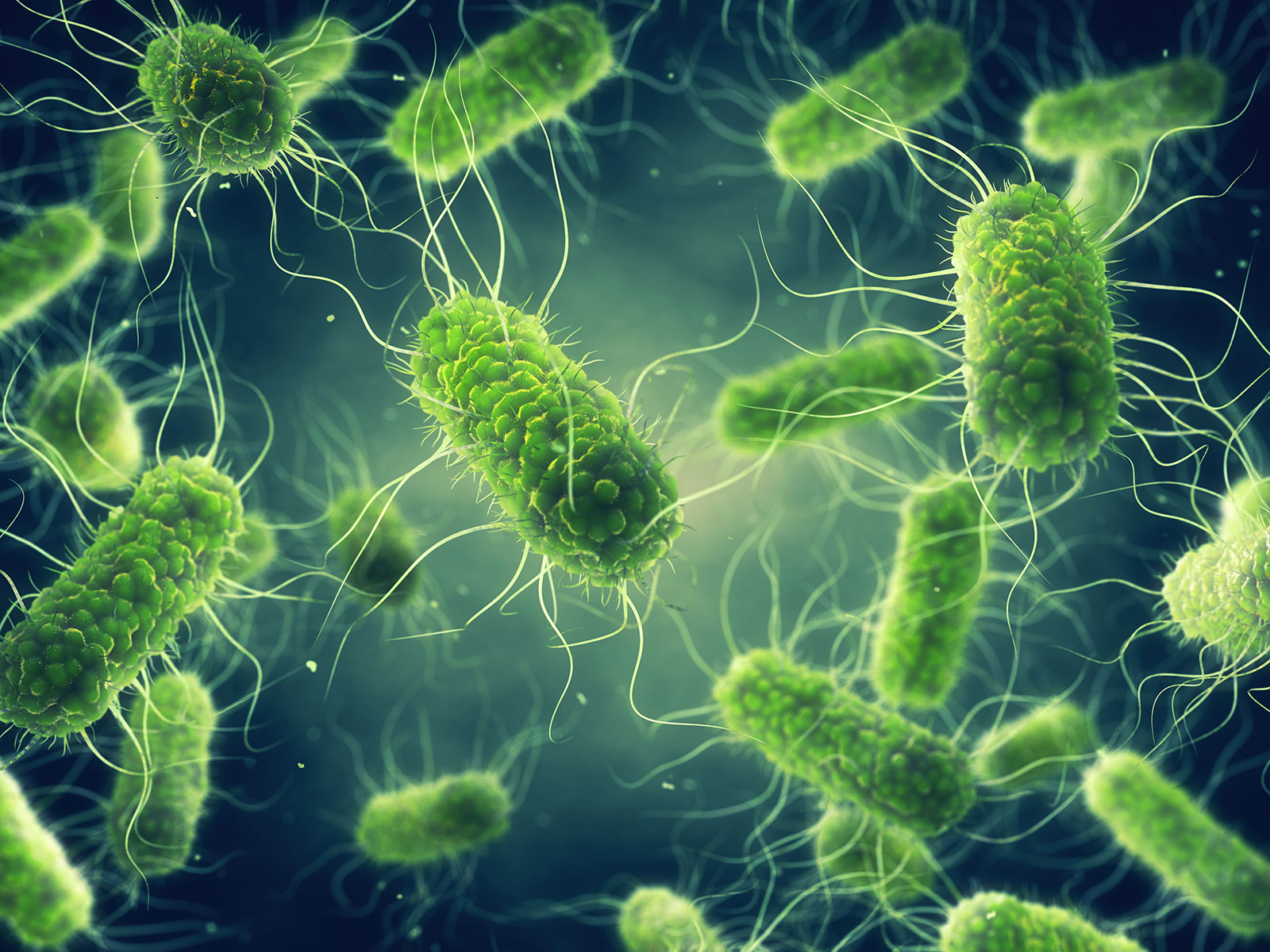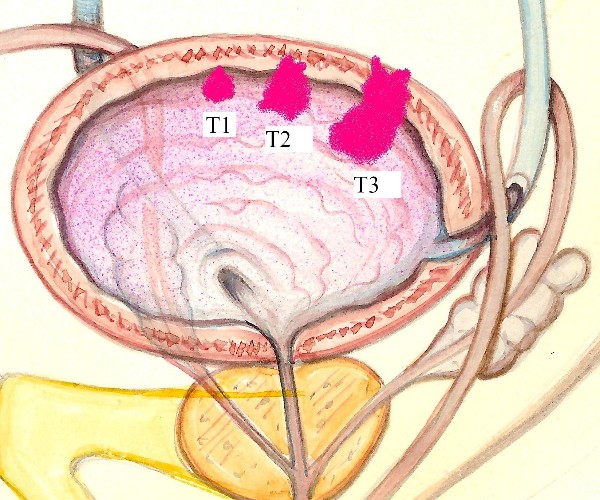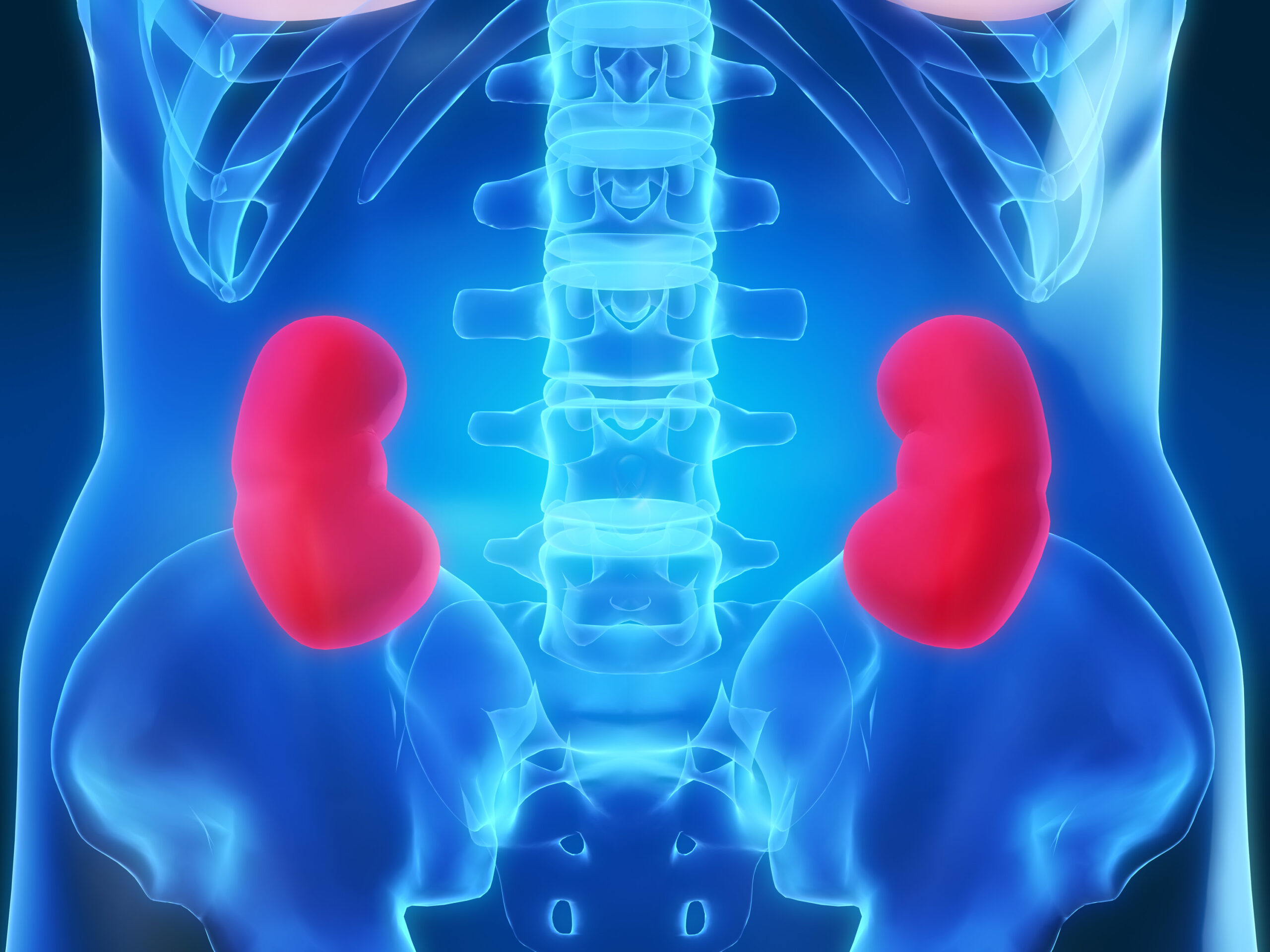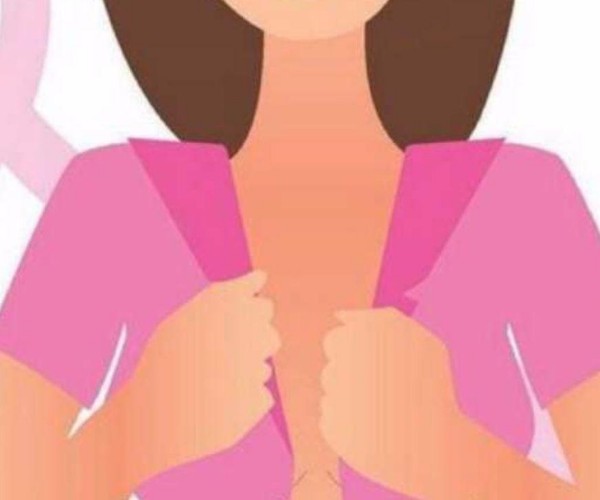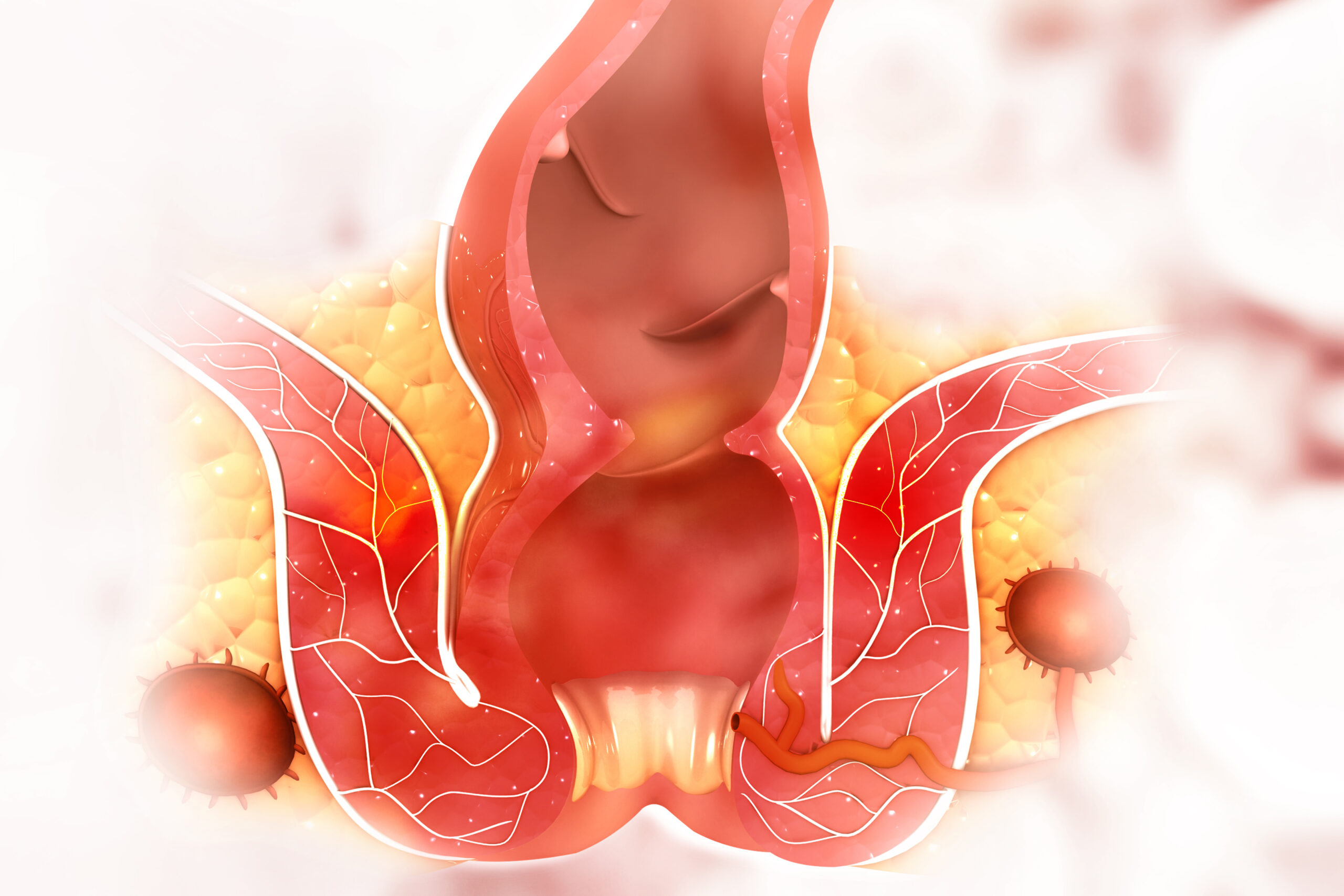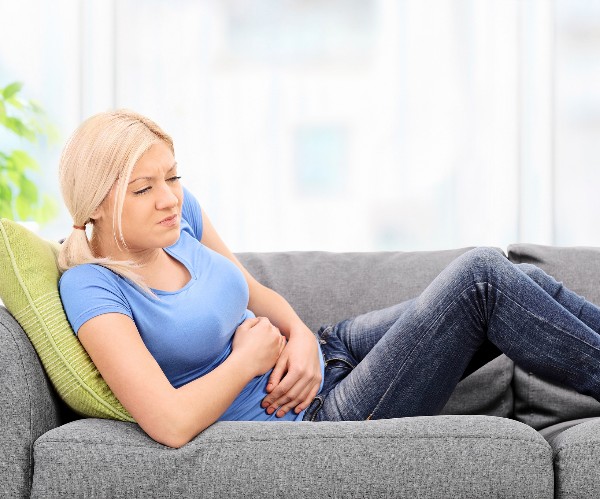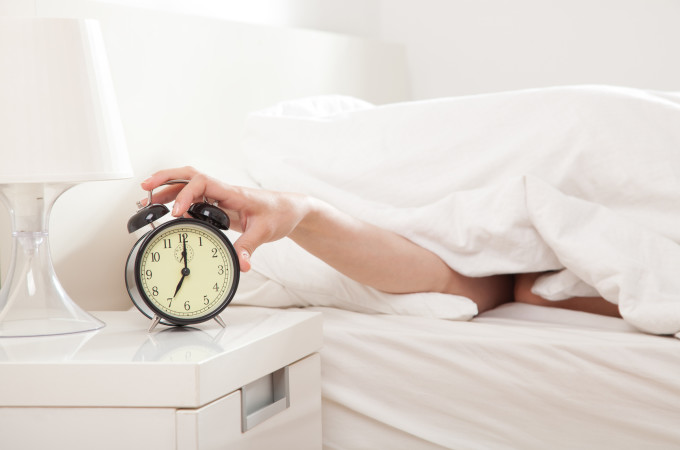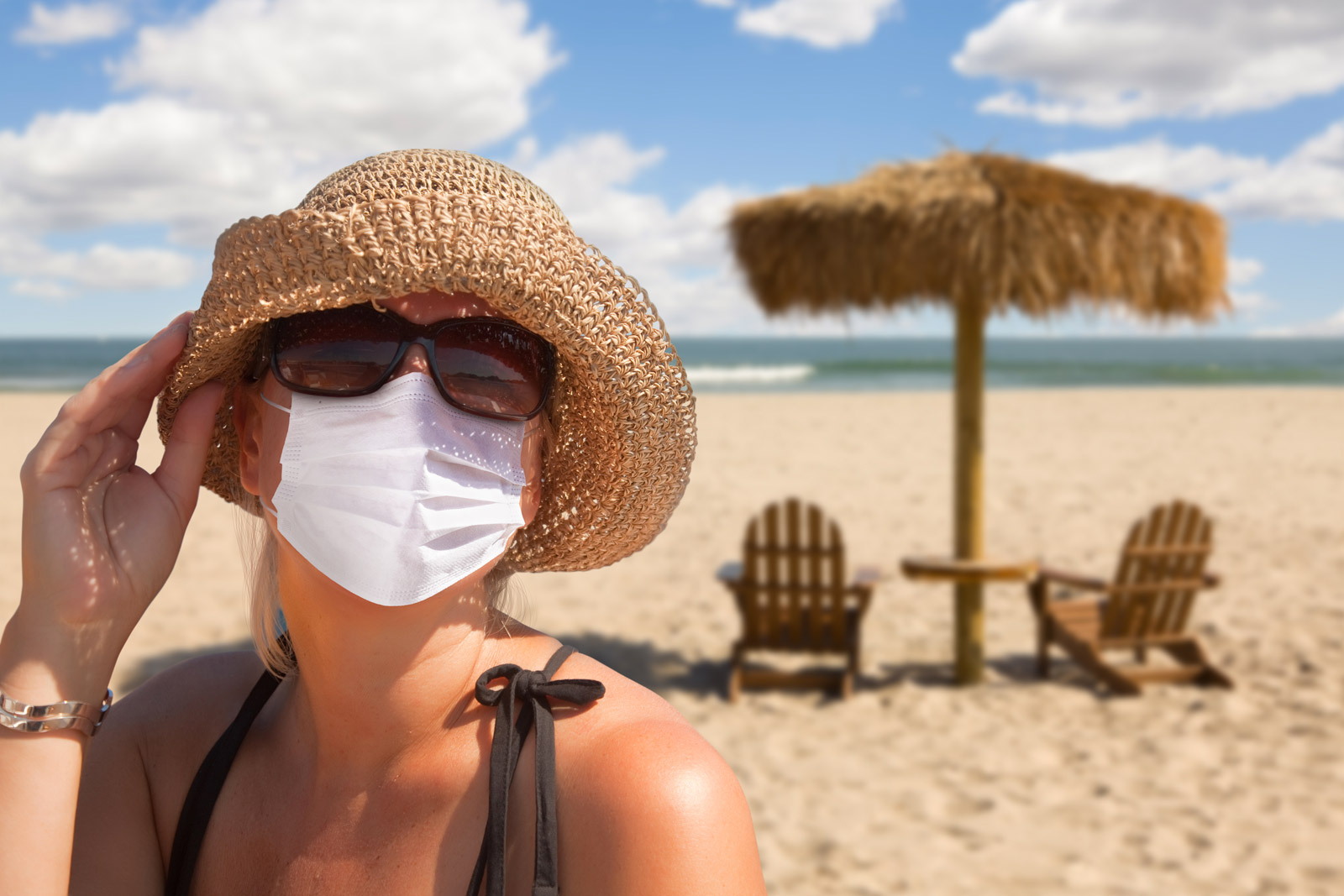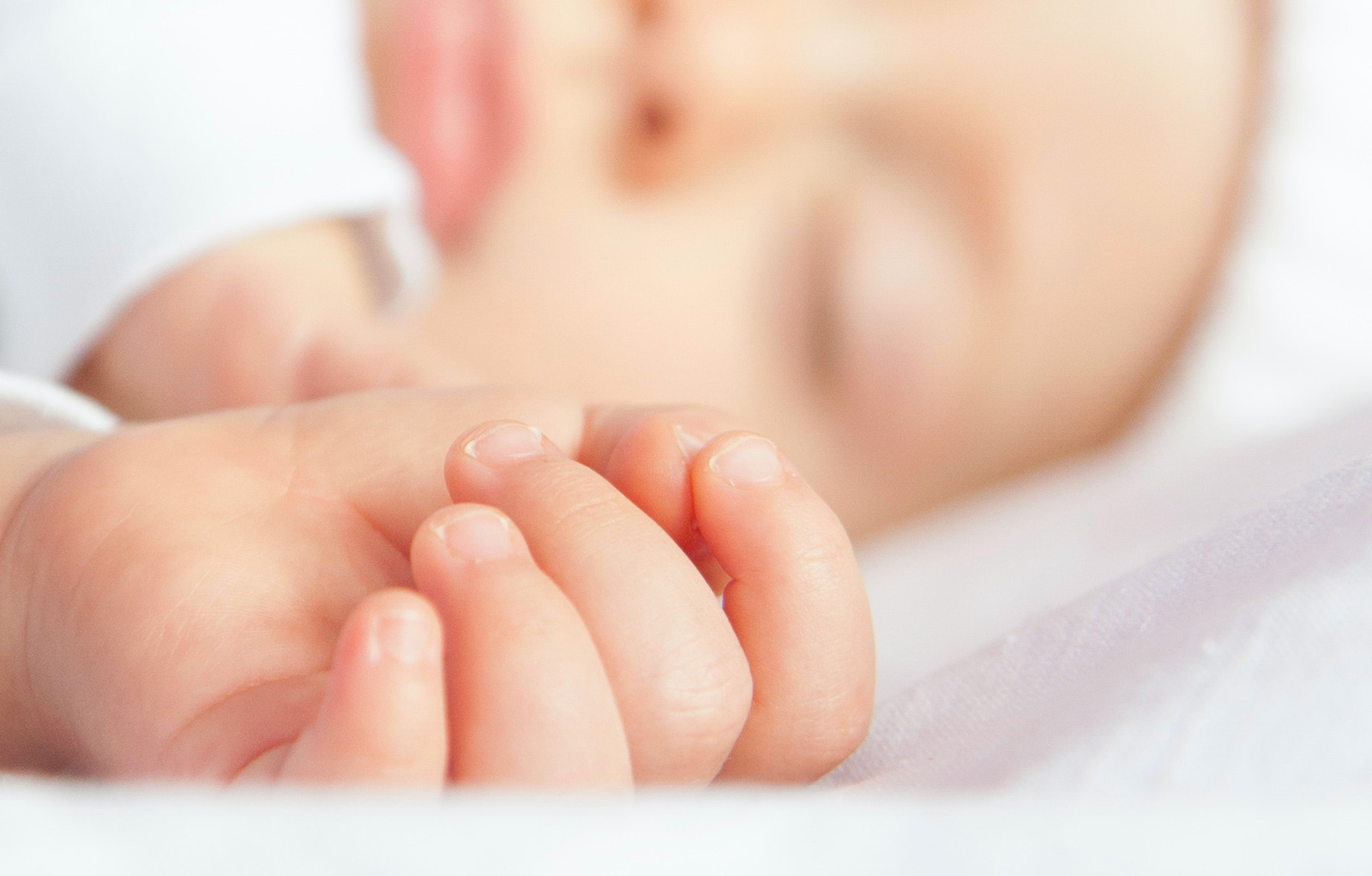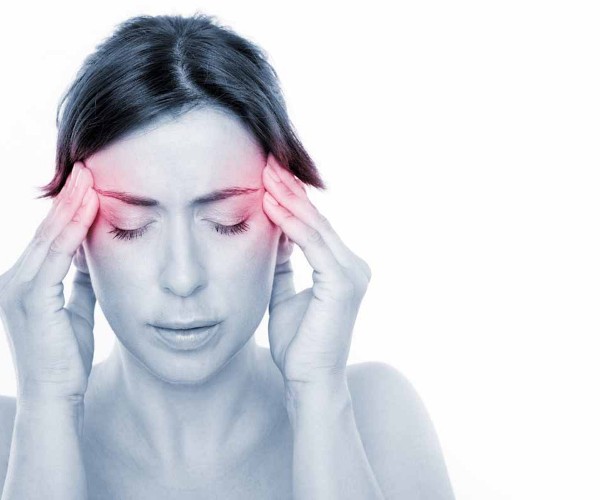How to define sexual desire?
It may seem easy to define, but despite the many studies conducted, the composition of the structure of sexual desire, what elements make it up and to what extent they may influence it, is still unclear. No method of measuring sexual desire in men and women is available.
Factors such as hormones, which also play a crucial role, psychological and social factors that make up an important portion, cannot suffice to explain how they may contribute to libido formation.
Men: at theage of 20
At this age of life, sexual desire is very intense as well as the level of testosterone, the hormone of sexual arousal in men, although moments of anxiety caused by poor sexual experience may occur in youth, followed by disturbances in erectile function, most often on a psychological basis.
Since it is known that a certain percentage of young people may experience erectile dysfunction, even in their 20s, it must be ascertained whether the problem is simply emotional in nature or consequent to possible cardiovascular disease.
Just investigate the problem further by talking to the attending physician.
Women: at theage of 20.
In women it is fertility that regulates sexual structure, from adolescence onward and around the age of 20 the most fertile periods. It is during this period that the pressure of sexual desire in women is strong, from the time of peak fertility onward.
Men: at theages of 30 and 40.
In men, as early as age 35, testosterone levels undergo a slow and gradual decline, by a rate of 1% per year, varying, however, from subject to subject.
Nevertheless, it is in this age group that sexual desire is strongest. Some decline in testosterone may have some effect in some men, especially if other factors such as stress and commitments, work and family worries, intervene, a mix that can negatively affect the structure of sexual desire.
Women: at theages of 30 and 40.
And the age at which sexual desire in women is strongest, feeding on even more intense erotic fantasies than in younger women. It is the season of increased frequency of sexual intercourse, with a broader propensity for sexual experience as the basis for a new relationship.
Women: having children
At any age, pregnancy and childbirth have a big impact on your sex life, but it is different for everyone. Your body and hormones change during pregnancy. This can mean increased libido at times, especially during the second trimester, and a lack of desire in others. You may also be anxious about whether it is safe to have sex while pregnant. (It usually is, but ask your doctor if you are not sure.) Breastfeeding, childrearing and other jobs can also affect the time, energy and interest you have in sex.
Men: 50 years and over
If you are in good physical and mental health, there is no reason why you should not continue to enjoy your sex life as you age. ED becomes more common with advancing age.
Your erections may occur less often and may be less firm. But it is not age itself that causes the problem as much as health problems that become more common with age, such as heart disease, diabetes, high cholesterol and obesity and the drugs that treat them. Your doctor can talk to you about your options for treating ED.
Women: 50 years and over
Around the age of 50 many women, feeling freed from the nagging worry of unwanted pregnancy, feel calmer and even more interested in sex.
For others, normal life changes, children becoming independent and leaving the maternal home, and the onset of menopausal age with a decrease in estrogen hormone levels end up significantly affecting the sphere of sexual desire.
Mood may also be affected by the occurrence of those typical complaints such as hot flashes, vaginal dryness, anxiety, weight gain, and the thought of no longer liking. Consult with your doctor to alleviate these symptoms to regain serenity and desire.
Men: not just testosterone
It is unclear to date how much the role of testosterone may affect the mechanism of sexual arousal. The administration of this hormone must always be very cautious and is part of treatment schemes that can in any case be managed only by medical specialists.
Testosterone requirements vary from man to man, and it is certainly the hormone that causes arousal, but not the only factor. Other factors contribute to the construction of sexual desire.
It may be the case that men with low levels of testosterone experience satisfactory sexual desire, as opposed to others who, despite having higher levels, experience less desire and experience sexual problems.
In fact, beyond testosterone, other elements such as good overall health, weight, and fitness can make a difference.
Consult with physician:
Reticence and embarrassment do not help in solving problems in the sexual sphere.
Therefore, do not hesitate to consult your doctor, talking to him or her about your sexual desire, problems that hinder it, or physical or psychological concerns.
Changing the sex drive could be a medical issue, which the doctor can help solve.
Or at any rate, where the problem is hormonal, intervene with drugs that promote sexual arousal in both men and women.
Talking in couples:
Breaking down the barriers of confidentiality or modesty, talking in the couple about the problems, needs and desires of individual partners is definitely a winning method.
It increases the level of trust and communication, allows for talking in detail about objective problems in the sexual relationship, preferences and expectations, thus consolidating intimacy and sexual desire, over the years and changes in the body.



